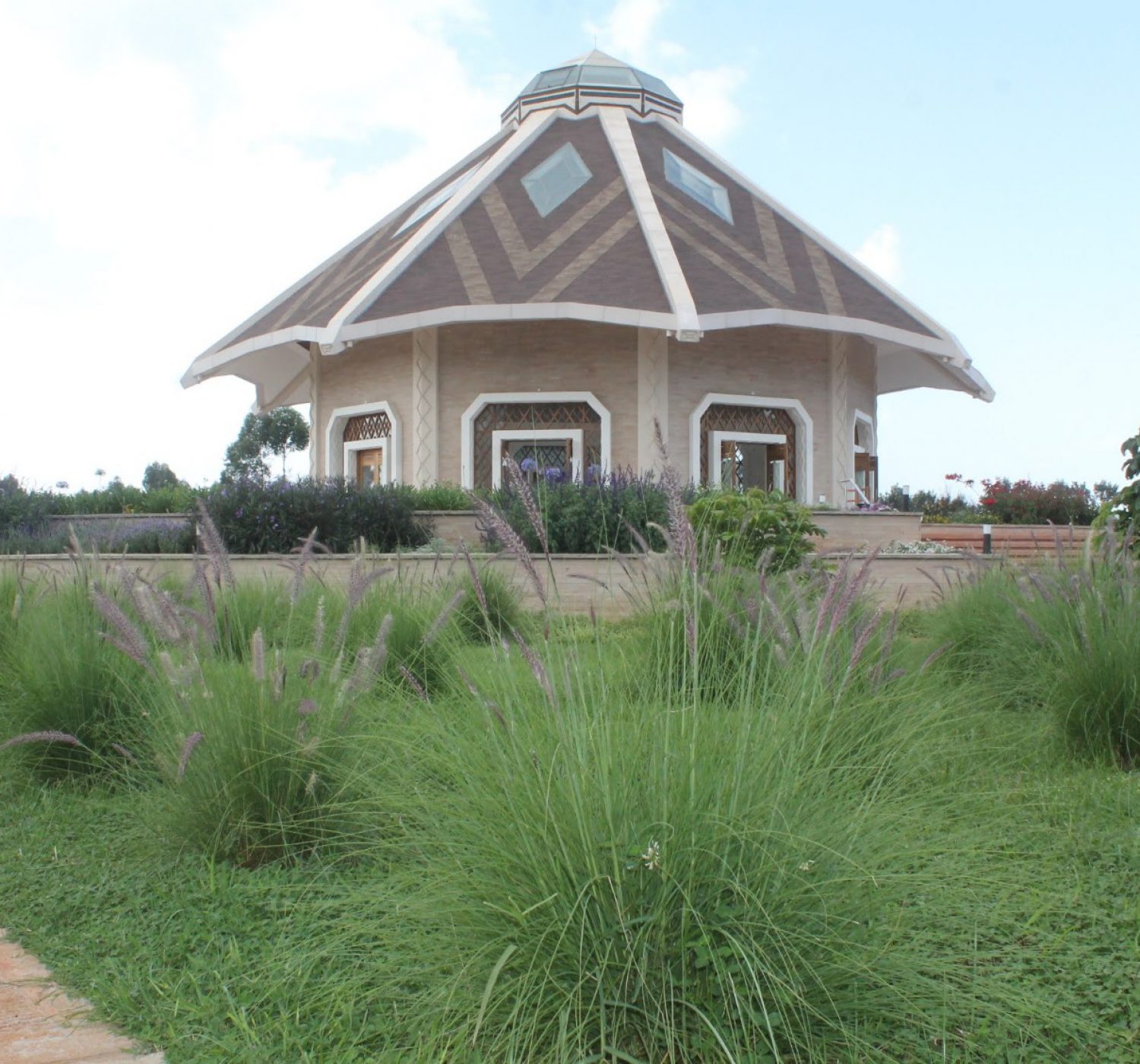The Bahá’í Faith, a relatively nascent world religion, has perpetually espoused the principles of unity, peace, and spiritual evolution. At the heart of this faith lies the pivotal concept of community, wherein collective worship and collaboration serve as conduits to individual growth and societal transformation. The establishment of the first local Bahá’í House of Worship stands as a monumental stride toward actualizing these ideals, providing both emblematic and pragmatic significance for devotees and communities alike.
As one delves deeper into the signification of local places of worship within the Bahá’í framework, a multifaceted perspective emerges. This order of worship not only fosters spiritual communion but also engenders an environment for consultation, learning, and community service. The local Bahá’í House of Worship is not merely a physical edifice; it is a sanctified space where the sacred and the secular intermingle, thereby addressing the holistic needs of the community.
The local Bahá’í House of Worship represents a physical manifestation of the Bahá’í teachings that champion the principle of collective identity. Under the overarching banner of oneness, the construction and function of this worship space illustrate the harmonious blending of diverse backgrounds and beliefs. It is a harbinger of inclusivity that welcomes individuals of varying faith traditions, thus fostering interfaith dialogue and mutual respect.
This launching pad for communal engagement ceremoniously extends an invitation to participate in the exploration of spiritual and moral quandaries, thereby piquing the curiosity of those in the vicinity. People of all ages and walks of life are encouraged to step into its sacred confines. The promise of a shift in perspective is palpable: visitors may leave behind preconceived notions, opening their hearts and minds to the transformative power of shared worship and reflection.
The architectural design of the local Bahá’í House of Worship is steeped in significance, embedding Bahá’í tenets into its very fabric. Characterized by functionality, beauty, and harmony with its surroundings, the structure becomes a confluence of spirituality and artistry. The incorporation of natural elements seeks to evoke a sense of tranquility, lending itself to contemplation and spiritual connection. These awe-inspiring designs often mirror the tenet of balance, reflecting the equilibrium between the individual and the community within the spiritual journey.
The foundation of this worship space is equally instructive. Instead of constructing a conventional institution, the local Bahá’í House of Worship emerges as a testament to the principle of service. Each house is imbued with the ethos of being a center for education, social action, and community development. It is a nucleus for various programs, including spiritual education classes, arts and crafts workshops, and social gatherings, thereby catering to the comprehensive needs of the populace.
Moreover, significant attention is directed toward the sustainability of these structures. Reflecting the Bahá’í commitment to the environment, local Houses of Worship often incorporate sustainable building practices and materials. This alignment with ecological stewardship underscores the notion that spirituality should be inextricably linked to reverence for the Earth—another facet of the Bahá’í teachings that deepens one’s understanding of holistic living.
As a vital intersection of faith and action, the local Bahá’í House of Worship functions as a bastion for social justice. By providing platforms for discussions around equity, community welfare, and social transformation, these centers aim to rectify societal imbalances and injustices. It encourages its members to engage actively in community affairs, fostering a sense of agency among the local population. In this way, the House of Worship transcends the role of a mere sanctuary and becomes a catalyst for progressive change.
In addition, the strategic positioning of the House of Worship within a community brings forth the potential for cultural exchange. As people gather to share their collective experiences, diverse traditions and practices are honored and celebrated. The resultant tapestry of interconnected lives amplifies the transformative potential of community—an embodiment of the Bahá’í ideal of unity in diversity. Thus, the local House of Worship encourages a flourishing of relationships that extend beyond the sacred space into the homes and hearts of those it touches.
The establishment of the first local Bahá’í House of Worship is so much more than a milestone in physical construction; it is a harbinger of an ideological shift towards a more cohesive and harmonious societal framework. By fulfilling the dual mandate of fostering spiritual growth and facilitating community galvanization, this worship space stands as a clarion call to all seeking a richer, more inclusive experience of faith. The infusion of curiosity within its walls acts as an invitation to contemplation, learning, and community, beckoning various actors—both Bahá’ís and non-Bahá’ís alike—into a shared journey of discovery.
In conclusion, the establishment of the first local Bahá’í House of Worship is an indelible testament to the power of community. Embracing the tenets of inclusivity, service, education, and sustainability, it emerges as a beacon of hope and unity. The journey towards spiritual and communal fulfillment takes a significant leap forward, leaving participants better equipped to navigate a multifaceted world. Here, in this sacred space, people find not only a place for worship but also a thriving community committed to the collective advancement of society.
